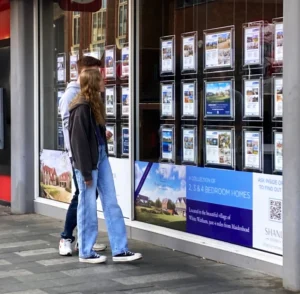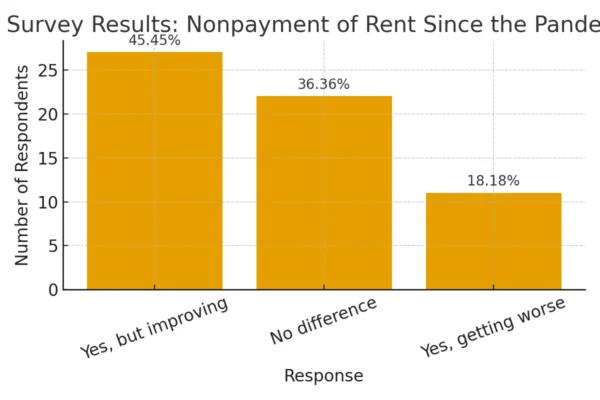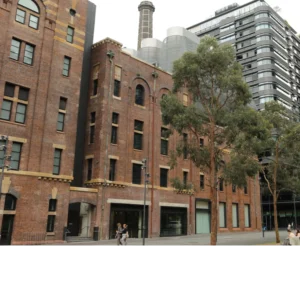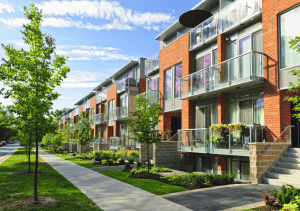Landlords: Don’t Be Caught by Surprise
 Are you a fair-weather landlord?
Are you a fair-weather landlord?
While landlords in the North and Midwest are winterizing properties and preparing for the cold winter months, those in warmer climates are still in shirt sleeves — and furnaces are sitting dormant.
Los Angeles personal injury lawyer Patrick Bailey says that his office receives dozens of calls about carbon monoxide poisoning each year in the fall and the winter. “Residents of California must be particularly aware of these threats because we sort of take our weather for granted. Wall heaters, furnaces, heating ducts, chimneys and all of the piping involved with heating apartments and other buildings may get neglected in Los Angeles. But the threat is real even though we may turn our heaters on later in the fall compared to other regions,” Bailey says.
Over the last several years, Bailey says his law firm has represented several clients who have suffered carbon monoxide injuries in Southern California. “Our firm focuses on these cases because they are extremely complex cases to litigate and maintaining the most up-to-date information on CO poisoning is crucial to success. Over the years, we have become extremely knowledgeable about this area of personal injury that often results in permanent brain damage from unsafe wall heaters and other appliances.”
“We see a lot of cases in which an apartment building owner or manager does not install a carbon monoxide monitor and also does not check the wall heaters for safe operation,” Bailey continues. “Temperatures drop and hundreds of residents in a single apartment building turn on their heaters at the same time. Those heaters may be twenty, thirty, or more years old. The risk of injury or death is substantial especially if those appliances have not been properly maintained by landlords,” he says.
Since carbon monoxide is colorless and odorless, its danger is insidious. Symptoms of CO poisoning can include weakness, joint pain, nausea, head ache and confusion. “These symptoms,” Bailey says, “especially in Southern California, are often mistaken for flu because awareness of cold weather and dangers from our heaters are not in the forefront of our minds.”
Most states now have laws regulating carbon monoxide detectors in rental properties. In the absence of such a law, a landlord still must equip units with these safety features to avoid the injuries or deaths that could occur, and the resulting liability, both criminal and civil. Carbon monoxide poisoning can happen anywhere, and in any season. It can occur from a number of “normal” activities, like burning barbecue briquettes, running generators, using appliances, or warming car engines.
“Carbon monoxide poisoning does not discriminate,” Bailey says. “Every region of the country and people from all walks of life are at risk.”
American Apartment Owners Association offers discounts on products and services for all your property management needs. Find out more at www.joinaaoa.org.













 Accessibility
Accessibility